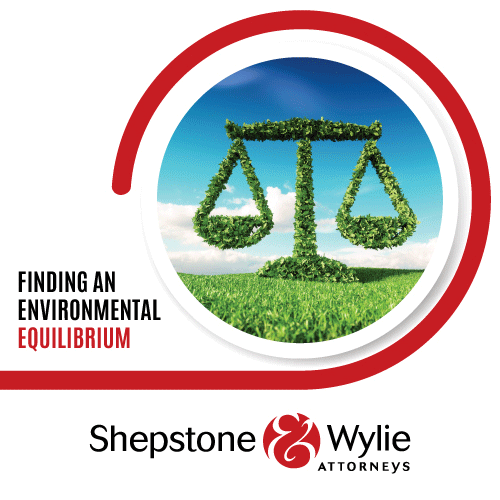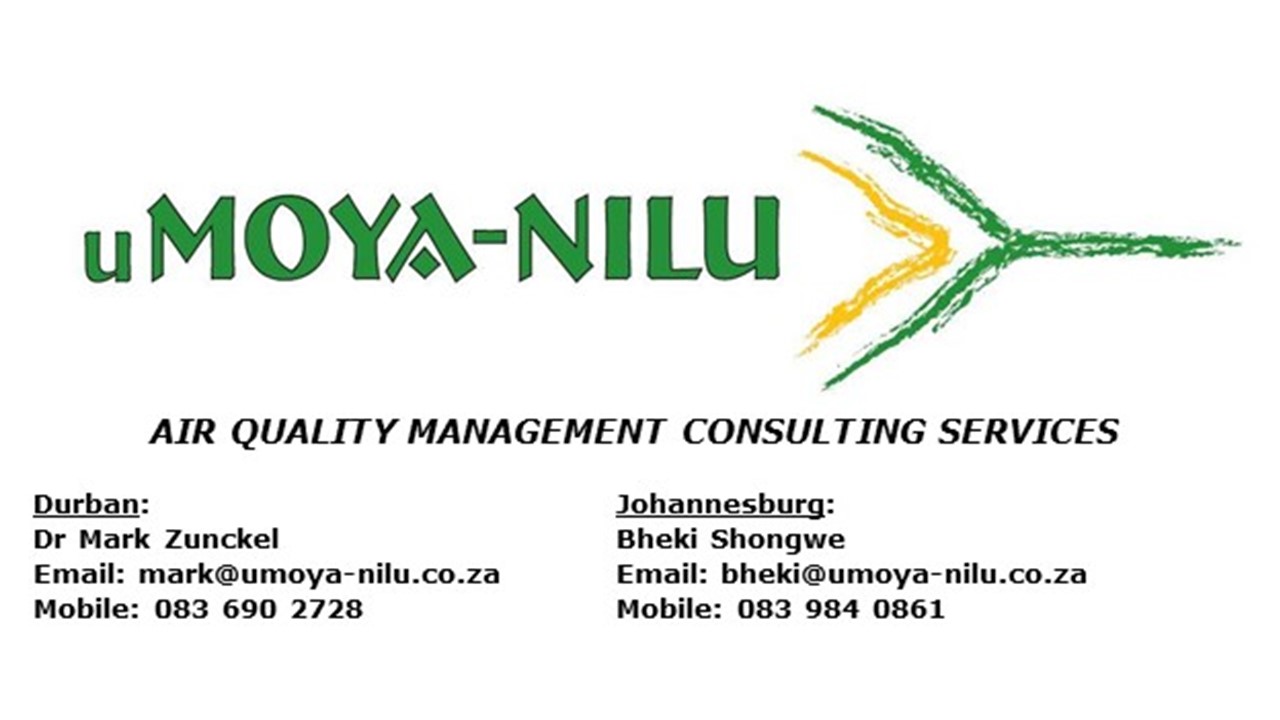Air pollution abatement by selective nanoparticle deposition on filtration systems
DOI:
https://doi.org/10.17159/caj/2022/32/1.11389Keywords:
Air Pollution, Filtration, Nanoparticle, Particulate Matter, PM2.5Abstract
Air pollution kills an estimated seven million people worldwide every year. The data from the World Health Organization (WHO) shows that almost all the global population (99%) breathe air that exceeds WHO guideline limits. The growing population and urbanization such as in Africa, which has the fastest growing population, may lead to substantial worsening of the air quality. Urbanization is also a powerful driver of the epidemiologic transition from traditional threats like infectious diseases and malnutrition to chronic, non-communicable diseases. Particulate matter less than 2.5 microns in size, PM2.5, is the leading contributor to air pollution which results in such diseases like chronic obstructive pulmonary disease (COPD), bronchitis, and lung cancer. Recent studies have shown a strong correlation between ambient air pollution and COVID-19 cases, which has affected the lives of billions of people around the world. Abatement technologies such as ionic and other high efficiency filtration systems are quite expensive and hence unaffordable to communities with limited resources. The goal of this study was to develop an air pollution filtration method utilizing selective nanoparticle deposition in optimized concentrations, to maximize the entrapment of PM2.5 particles. The experimental set-up consisted of a wind tunnel with incense sticks as the PM2.5 source, measured by laser particle detectors upstream and downstream of the filters. Different nanoparticle coated filters were tested using the ‘Design of Experiments’ methodology and it was concluded that an optimized mixture of zinc oxide, titanium dioxide & graphene improved filtration efficiency of a baseline filter by 206% and was 70% cheaper than high efficiency filters. The versatility and cost-effectiveness of this design makes it applicable for personal masks & filters, air-conditioning and car-cabin filters, and fire-fighting equipment. The significant correlation between air pollution and fatalities from viral infections like COVID-19, makes such abatement technologies with innovative filtration systems critical to save human lives.
Downloads
Downloads
Published
Issue
Section
License
Copyright (c) 2022 Ishika Nag

This work is licensed under a Creative Commons Attribution 4.0 International License.

All articles are published under a Creative Commons Attribution 4.0 International License; copyright is retained by the authors. Readers are welcome to reproduce, share and adapt the content without permission provided the source is attributed.








.png)